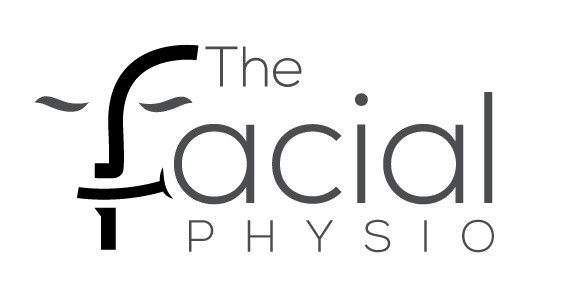Dr Ellie Seckold - Face Physiotherapist
RHS is a fancy name for shingles specifically effecting the facial nerve.
It is NOT Bells Palsy. But it can be hard to differentiate between RHS and Bells in the early stages of the disease.
Similarities:
Both are types of viral facial nerve paralysis
They come from a similar family of virus
Both normally result in a COMPLETE paralysis of the facial nerve on 1 side
Both can experience pain around the ear
Both can experience a change in taste on the tongue same side as the paralysis
Differences:
RHS is rarer, affecting 1/50 000 as opposed to Bells 1/10 000 people
The prognosis drastically differs
RHS can present with vesicles (shingles RASH) on the ear, inside the ear, on the tongue or in the mouth
RHS can present with a LOSS of HEARING on the affected side, as opposed to hyperacusis (increased sensitivity to sound) which is what normally happens in Bells palsy
RHS can cause VERTIGO, this doesn’t happen in Bells palsy
What is the prognosis for RHS?
We usually give the nerve 6 months to a year for most of the recovery to occur. Complete recovery is not as common as in Bells palsy, but some people do completely recover. With the right medications at the right time and access to appropriate care, we can help get you as close to normal as possible. People can continue to improve beyond a year - we are just getting improvements from different things. For example, teaching the nerves to be less confused (managing synkineis) can be done at any stage; or teaching muscles to adapt and create expression slightly differently can be achieved at any stage.
What should I do if I have or think I have RHS?
Present to your GP or ED, appropriate medical management in the first 48hrs of onset paralysis includes prescription of steroids to remove swelling from the nerve and antivirals to treat the shingles virus. If you have loss of hearing, this is an ENT emergency and you should see an Ear Nose and Throat specialist as soon as possible. With the correct care early, hearing can be preserved. Your fabulous medical team will also screen to check that there is nothing else naughty going on.
In terms of physiotherapy interventions, we can be engaged as early as needed to discuss eye care, balance and what to expect. We start appropriate face exercises as movement starts to return. The aim of this is to encourage smooth return of messages down the nerve, as there is an increased risk of Synkinesis (confused nerves) in RHS. We keep track of your recovery to ensure you are hitting appropriate recovery markers and time points and facilitate access to facial nerve specific medical specialists for extra help early when it is appropriate.
We will touch on appropriate treatment interventions, what works and what doesn’t in future posts. We will also go in to synkinesis. What this space!
